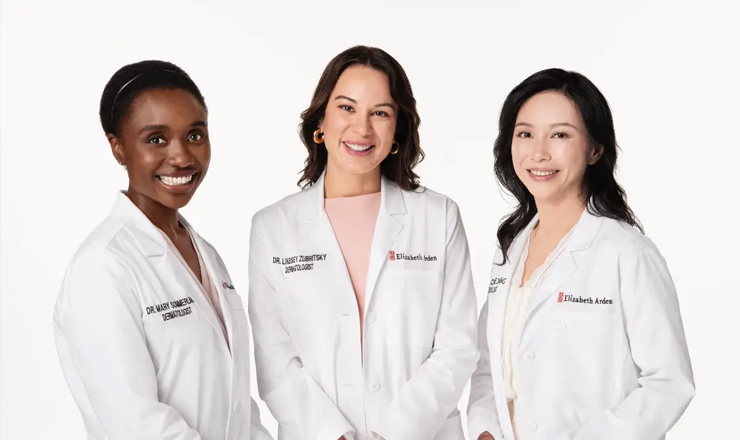(原标题:美国癌症协会营养指南 2012美国癌症协会癌症幸存者营养与运动指南)
A cancer survivor is defined as anyone who has been diagnosed with cancer, from the time of diagnosis through the rest of their life. Given advances in early detection and treatment, the number of US cancer survivors is estimated to exceed 12 million and is growing steadily, so that approximately one in every 25 Americans is now a cancer survivor. Many cancer survivors are highly motivated to seek information about food choices, physical activity, dietary supplement use, and complementary nutritional therapies to improve their response to treatment, speed recovery, reduce their risk of recurrence, and improve their quality of life.
The trajectory of cancer survivorship is marked by 3 general phases: 1) active treatment and recovery; 2) living after recovery, including survivors who are disease free or who have stable disease; and 3) advanced cancer and end of life. Approximately 68% of Americans diagnosed with cancer now live more than 5 years, and their nutritional needs change over the course of survivorship. The need for informed lifestyle choices for cancer survivors becomes particularly important as they look forward to the successful completion of therapy and seek self-care strategies to improve their long-term outcomes. For many long-term cancer survivors, healthy weight management, a healthful diet, and a physically active lifestyle aimed at preventing recurrence, second primary cancers, and other chronic diseases should be a priority. For other survivors, regaining health following a difficult treatment or managing nutritional needs and activity levels while living with advanced cancer becomes a particular challenge.
After receiving a diagnosis of cancer, survivors soon find there are few clear answers to even the simplest questions, such as: Should I change what I eat? Should I exercise more? Should I gain or lose weight? Should I take dietary supplements? Cancer survivors receive a wide range of advice from many sources about foods they should eat, foods they should avoid, how they should exercise, and what types of supplements they should take, if any. Unfortunately, this advice is often inconsistent and not supported by data.
 当代健康
当代健康














